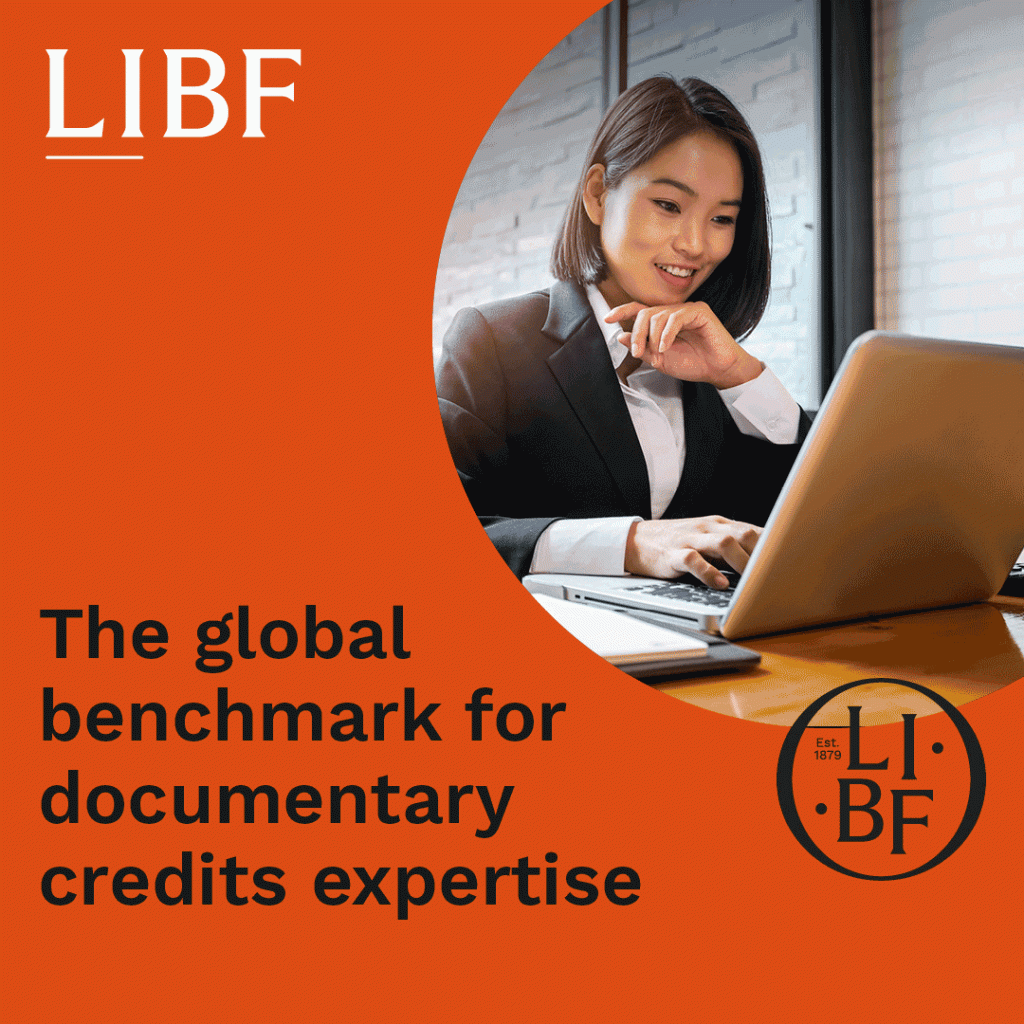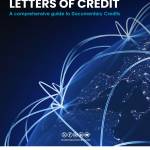Handling Document Discrepancies

Access trade, receivables and supply chain finance
We assist companies to access trade and receivables finance through our relationships with 270+ banks, funds and alternative finance houses.
Get Started
ADVERTISEMENT
Contents
Handling Document Discrepancies
When firms present documents under a documentary credit, banks examine them against the terms and conditions of the documentary credit based on UCP 600 (provided the documentary credit is subject to it), international standard banking practice, and data between the documents themselves.
If the documents do not comply, they are discrepant.
In documentary credit operations, advising document discrepancies is the most contentious issue a bank will face with its clients or another bank. It is, therefore, imperative that the respective discrepancies are of such detail that the presenter is in no doubt about the reason for the refusal. A beneficiary should always seek clarification if a bank is unclear in its rejection of presented documents.
Whether or not a bank refuses documents is based on the content of the documents themselves and their conformity to the documentary credit and UCP. Ultimately, any discrepancy should stand one test: “Would you feel comfortable justifying that discrepancy before a judge in a court of law?” Remember, at the end of the day, a court will make the final judgement if the parties cannot amicably resolve a dispute.
Clarity is the key. A bank that provides a refusal notice stating “Invoice not as per LC” tells the beneficiary or the applicant nothing. Is the goods description wrong? Is a required certification missing? Is there some other specific issue? A refusal notice must be of sufficient detail and clarity for the presenter of the documents to understand it without having a copy of the actual documentary credit in front of them.
Pre-requisites
A covering schedule accompanying the documents should include the presenter’s reference number and contact details in case of any problems. It should also include information on how and where to make payment, reference to payment of charges, and details of where and how to send the settlement advice.
UCP 600allows banks a maximum of five banking days following the presentation day to determine if a presentation is complying. It is important to note that, in most circumstances, documents will be examined by the nominated or confirming bank and the issuing bank. Each bank has a maximum of five banking days to examine the documents.
The UCP 600 does not expect banks to need the full five banking days to examine documents, although certain circumstances may exist when this is the case. Competition between banks for business typically ensures that most presentations are reviewed within 48 hours, if not on the day of receipt.
Obligations of a Bank
A nominated bank that has agreed to act on its nomination, a confirming bank, or an issuing bank must determine whether the documents are compliant. Each bank must decide whether or not to issue a refusal notice based on its examination of the documents. However, it does not always follow that a bank that identifies a discrepancy will refuse the documents.
The bank may not consider a discrepancy to warrant a refusal. One example of a minor difference would be if the documentary credit required six document copies, but a presenter only provided five. In this case, the bank may opt to make the additional copy itself rather than refuse the documents.
In respect of an issuing bank, it must decide whether or not to approach the applicant for a waiver of discrepancies. Approaching the applicant for a waiver can give rise to five different results:
- The applicant agrees to waive, and the issuing bank accepts the waiver. Issuing bank honours.
- The applicant agrees to waive, but the issuing bank does not agree to accept the waiver. The issuing bank issues a refusal notice indicating it is returning the documents or seeking further instructions for their disposal or handling.
- The applicant does not agree to waive, and the issuing bank issues a refusal notice indicating it is returning the documents or seeking further instructions for their disposal or handling.
- The applicant has not provided its waiver of discrepancies within the time allowed by the UCP 600 (which can be no later than the close of the 5th banking day following the day of presentation unless the credit says otherwise), so the issuing bank refuses the documents.
- The issuing bank withdraws the request for a waiver due to an incorrect refusal. (This would happen if the presenter provides a valid argument for withdrawing the discrepancy—for example, particular wording of the documentary credit or an amendment appearing within a document).
Issues for a Beneficiary to Consider
Through this process, there are several issues for the beneficiary to consider. For example, can it be sure that the documents are discrepant? Has the bank missed a condition in the documentary credit? Has data been inserted on a document but not seen?
Beneficiaries must be aware of the content of the UCP 600, particularly articles 3, 14, and 17-32, together with the practices outlined in the ISBP. The ISBP is a publication which, by title, refers to the examination of documents by banks and how they should apply the articles of UCP 600 to given documents. Using reverse logic, if a beneficiary understands how a bank will examine its documents, it should be able to prepare them to that standard and avoid many problems.
Options in the Event of Discrepancies
If there are discrepancies, three options exist:
- Correct the discrepancies by either amending the documents or by replacement,
- Request that the nominated bank or confirming bank sends a message to the issuing bank seeking approval to honour or negotiate despite the discrepancies that they have found whilst holding the documents with them or
- Request that the nominated or confirming bank forward the documents to the issuing bank for settlement.
In respect of point 3, the use of terms such as “on a collection basis” and “in trust”, are acceptable between the beneficiary and the nominated bank, BUT SHOULD NOT be used in any communications to the issuing bank, as they imply that the rules for documentary collections are to be applied rather than the rules for documentary credits.
Remember that the respective parties could avoid or resolve many discrepancies through careful attention to detail in the documentary credit or amendment application. Handled correctly, preparing and examining documents is valuable to the beneficiary, the applicant, and the industry.
Our trade finance partners
- Letters of Credit / Documentary Credit Resources
- All Letters of Credit Topics
- Podcasts
- Videos
- Conferences




















